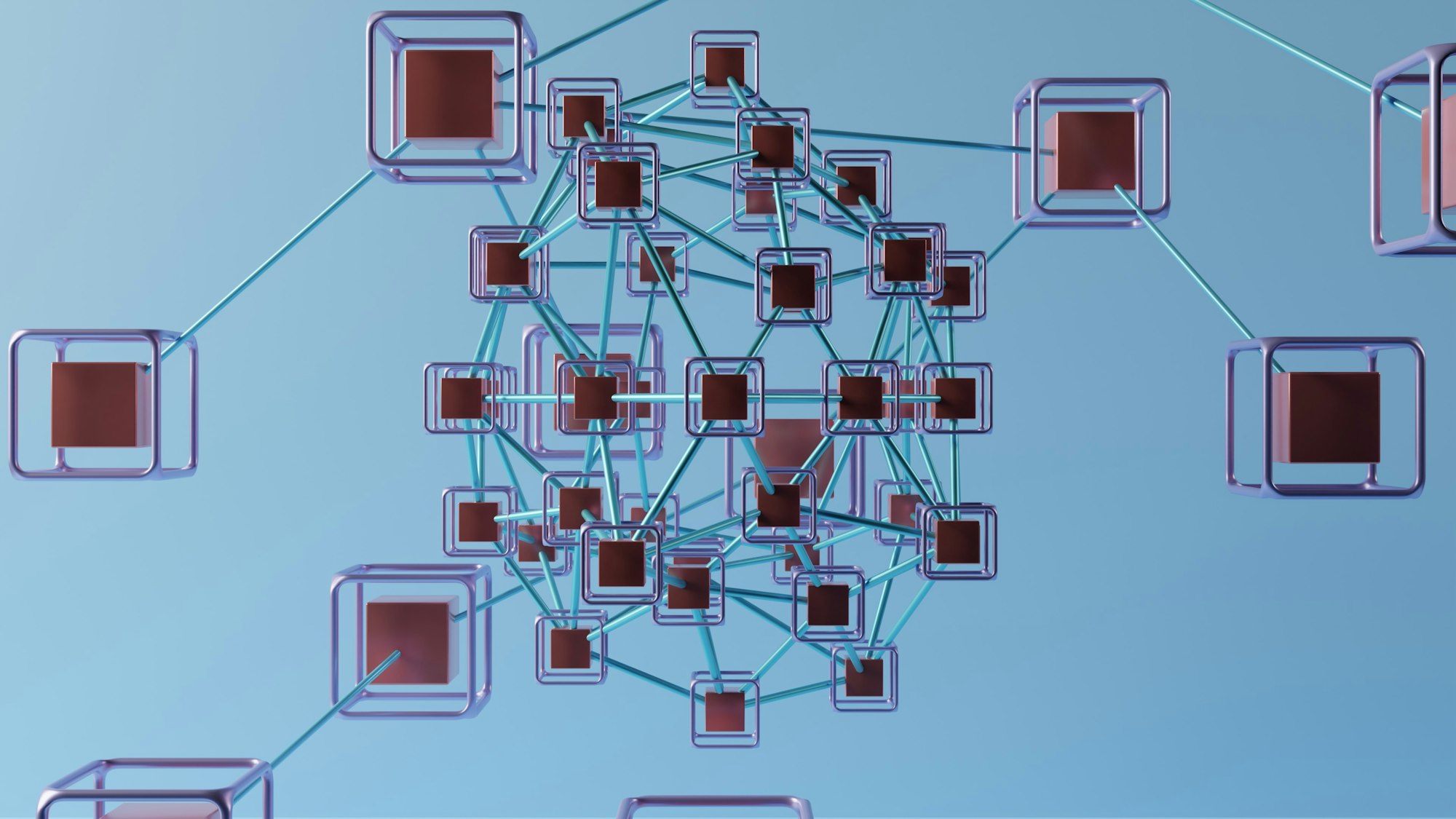5 free courses to set you apart as a Web3 developer

You’ve probably heard the buzz about Web3 and wondered, What’s the big deal? Imagine an internet where you actually own your digital identity, assets, and interactions—without big corporations calling the shots.
As interesting as the concept is, the idea of Web3 isn’t new. It was first introduced in 2014 by Gavin Wood, the founder of Polkadot and co-founder of Ethereum. Since then, the road to decentralization has been a mix of excitement, challenges, and breakthroughs. What once felt like a futuristic dream is now becoming real, thanks to the rise of AI and blockchain technology.
At its core, Web3 is about shifting control from centralized platforms back to users, making the internet more open, secure, and user-driven. And as this space keeps expanding, the need for skilled Web3 developers is escalating in demand.
If you’re looking to get started and probably unsure of what course to start with. This article will dive into five free courses that will teach you the essentials—from blockchain fundamentals to smart contracts and decentralized applications—so you can start building the future of the internet.

1. Cryptocurrency and Blockchain: An Introduction to Digital Currencies
If you’ve ever been curious about how cryptocurrencies work and why they are important, this course is a great way to start. It covers the foundational principles of blockchain technology and digital currencies, explaining concepts like decentralization, consensus mechanisms, and cryptographic security.
Here you will get a comprehensive understanding of Bitcoin, Ethereum, and other major cryptocurrencies, as well as an understanding of how blockchain technology underpins digital currencies. Additionally, it explores the role of smart contracts and decentralized finance (DeFi) which provides a solid understanding of blockchain fundamentals, helping you grasp key Web3 concepts.
2. Blockchain: Foundations and Use Cases
The Blockchain: Foundations and Use Cases Internet course focuses on the broader applications of Web3 technology beyond just cryptocurrencies. It explores how blockchain can be integrated into industries like supply chain management, healthcare, and digital identity.
Throughout the course, you will learn about the evolution from Web2 to Web3 and what it means for the Internet. It also provides case studies on real-world blockchain applications and an introduction to decentralized autonomous organizations (DAOs) and NFTs. Plus, it helps learners identify potential use cases for blockchain in their field and lays the groundwork for more advanced blockchain development courses.
3. Blockchain Security Course
Of course, if you are going to work with Web3 technologies, security is a must to take as a priority to learn more about. Web3 is still new with areas like security and regulations left to be developed. On that note, this course teaches you about the vulnerabilities in blockchain systems and how to mitigate security risks.
You will explore common threats in blockchain networks, including 51% attacks and smart contract exploits. The course also covers best practices for securing smart contracts and decentralized applications, as well as ethical hacking techniques to test blockchain security. These lessons are essential because they equip you with the knowledge needed to build secure blockchain applications. Additionally, they help prevent costly mistakes that can lead to hacks or vulnerabilities and increase job marketability by adding security expertise to your skill set.
4. Smart Contracts
Although you gain a lot from other blockchain courses, this one focuses specifically on smart contract development, which is at the core of Web3 applications. You’ll learn how to write and deploy smart contracts using Solidity, the most widely used programming language for Ethereum-based applications.
This course offers four modules with hands-on coding experience using Solidity while teaching you about gas fees, contract deployment, and execution. You will also build and test smart contracts on Ethereum testnets. These skills are incredibly valuable because they equip you with practical coding knowledge for Web3 development. Additionally, they help you create automated, tamper-proof digital agreements and lay the foundation for building decentralized applications (Dapps).
5. Decentralized Applications (Dapps)
Decentralized Applications (Dapps) course focuses on building full-fledged Dapps that interact with the blockchain. It’s perfect for developers who want to create decentralized applications that leverage smart contracts and blockchain networks.
As you progress through the course, you will learn how to build front-end interfaces that communicate with smart contracts. The course also covers using Web3.js or Ethers.js to integrate blockchain functionality into applications and explores decentralized storage solutions like IPFS. This knowledge is invaluable because it helps you build real-world Web3 applications. Furthermore, it gives hands-on experience with blockchain frameworks and tools, preparing you for careers in decentralized finance (DeFi), NFTs, and more.
Conclusion
With Web3 offering a different vision—one different from centralized platforms that have dominated the internet, acting as gatekeepers of data and digital transactions—where users can reclaim ownership of their data and digital identities, you can take advantage of this new era by embracing the technologies and principles that this new innovation has to offer.
